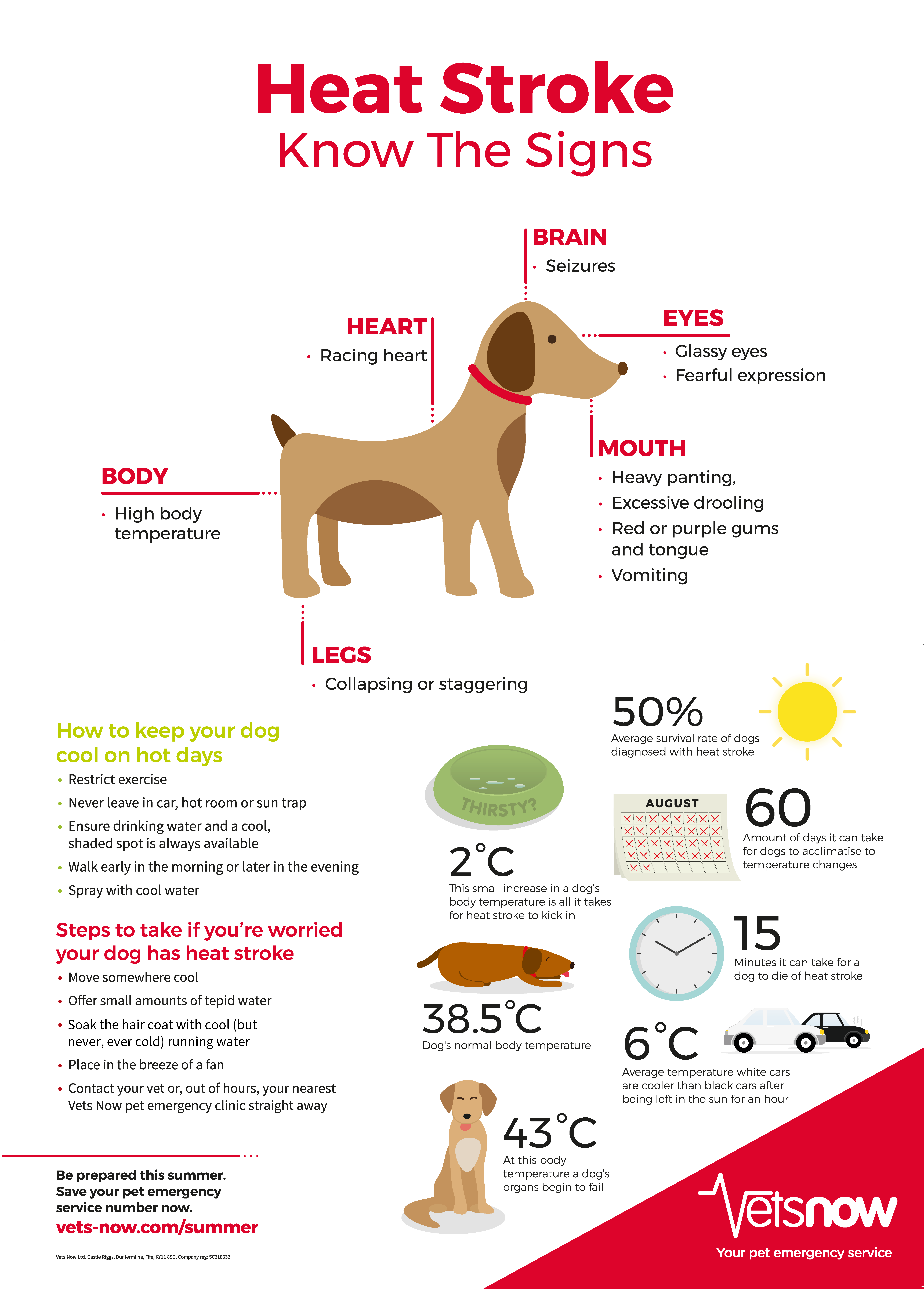Pets in childcare get great deals of exercise, socializing with various other pet dogs and distinct experiences. This can be particularly helpful for pups and pet dogs with behavioral issues.
There are several legal considerations you need to think about when beginning a dog daycare company. These include the framework of your service and conformity with federal government laws.
1. Canine Distemper
Canine distemper is spread with direct contact with the physical liquids and waste of a contaminated pet, but it can also be transmitted via shared water and food bowls or through airborne droplets. This extremely infectious health problem is most hazardous for young puppies, yet it can influence pets of any kind of age and is fatal for most if left neglected.
Preliminary signs of canine distemper frequently imitate a cold, consisting of drippy eyes and nose with watery or pus-like discharge. As the illness advances, a pet dog will certainly establish high temperature, coughing, minimized hunger, throwing up and looseness of the bowels. The infection can likewise assault the nerve system, leading to seizures, jerking and partial or total paralysis.
Respectable day cares minimize direct exposure to infection by needing vaccinations, routine health examinations and follow strict hygiene methods. If your dog appears overly exhausted or limping, a day of rest might aid him recoup, yet you must prevent taking him back to day care up until these symptoms clear up.
2. Kennel Coughing
Kennel coughing, likewise referred to as infectious canine tracheobronchitis or Bordetella, is a highly contagious viral or microbial condition that influences the breathing tract. It's typically transferred via the exchange of saliva or air beads that an ill canine exhales. Social dogs go to greater danger for infection because of their frequent communication with each other, such as when they play, share food or water, sniff one another or simply fulfill in a congested environment like a pet park or childcare.
One of the most typical symptom of kennel coughing is a consistent and forceful coughing that sounds like something stuck in the throat or retching. Frequently, dogs will certainly spend frothy white phlegm. If left untreated, a pet can create pneumonia and be at serious threat forever.
A respectable daycare center ought to have strict cleansing and cleanliness protocols, disinfect all toys, food and water bowls regularly, and be open about their inoculation policies. Maintaining your pet dog up to day on their inoculations, specifically for bordetella and canine flu, will significantly reduce their opportunities of acquiring the illness.
3. Parvovirus
Canine parvovirus, or parvo, is a very infectious viral illness that can be deadly for pups and young adult pets with bad body immune systems. It's most frequently spread by straight contact with contaminated pet feces-- which can occur when dogs smell, lick, or taste contaminated feces-- and indirectly from contaminated individuals, items, or environments (like kennels, brushing spaces and lawns). Young puppies and dogs without full vaccination backgrounds are particularly at risk to parvo.
The virus is exceptionally durable, surviving in the atmosphere for up to 9 years, and can easily be moved between pet dogs by contact via dog boarding and training near me feces or on shoes, apparel, and bedding infected with parvovirus. If not dealt with right away with IV liquids, electrolyte balance, throwing up control medicines and anti-biotics to avoid second bacterial infections, a pet will quickly dry out and establish extreme diarrhea, which brings about shock and blood poisoning. Parvo is difficult to treat once a pet dog has actually ended up being ill, yet with suitable vet care, lots of puppies do survive this ailment.
4. Dog Influenza
Dog flu virus is very infectious and spreads via direct get in touch with, sharing food and water bowls, licking or nuzzling various other canines, via airborne droplets, and via contaminated surface areas. Inoculation is effective in minimizing the risk of infection and break outs.
The majority of affected pet dogs create a mild breathing infection with a coughing that lasts 1-3 weeks. They may likewise have nasal and eye discharge, sneezing, and lethargy. A few of one of the most serious situations result in pneumonia and a high fever.
If your canine shows any of these signs, do not bring them back to day care until they are healthy. If your pet dog is revealing signs of severe exhaustion or limping, speak with your veterinarian right away and ensure they get on healthiness supplements to help build their resistance. A vet will assess your pet dog for signs and symptoms of the flu by taking a sample from the nose or throat, and blood tests can be done to validate.
